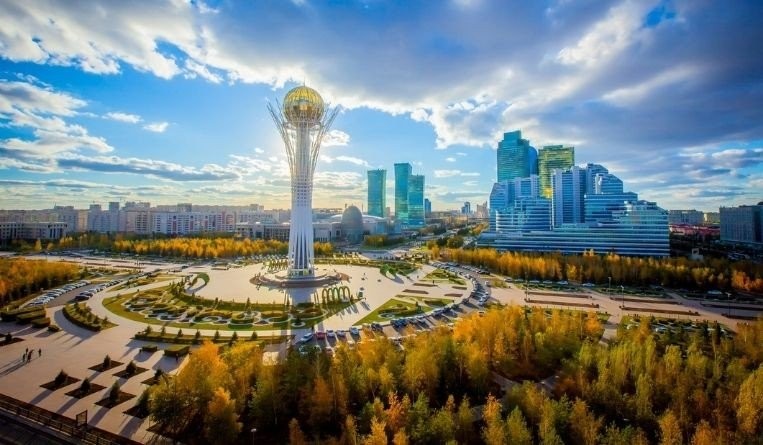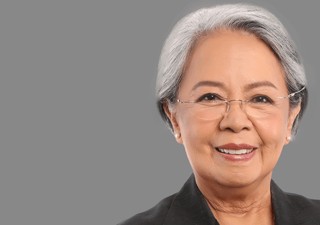Kazakhstan government plans to develop creative sector
04 May 2021

A strategy for the development of Kazakhstan’s creative economy, which will include measures for the management of intellectual property within the sector, is now being planned following a directive by President Kassym-Jomart Tokayev.
Kazakhstan’s creative economy is largely made up of micro and small enterprises. With the pandemic, businesses involved in offline sales almost went bankrupt. On the other hand, businesses which were either already engaged in or pivoted into the online space are more buoyant.
“Left without major sales markets that enabled them to sell their work over the past two decades, Kazakh artists launched the Art Bazaar online platform to display and sell art,” explained Abay Magauiya, an associate at GRATA Law Firm in Almaty. “This situation actualizes at least two structural problems of Kazakhstani art: the vulnerable position of artists and the lack of a solid infrastructure / institutional environment that would allow artists to support themselves from the resources of the internal art market.”
Generally, a growing number of Kazakhs are coming up with creative products that gain headway in the international market. Nur-Sultan and Almaty are the hubs of Kazakhstan’s creative sector, accounting for 62% of all creative industries in the country. In 2019, the export volume of the country’s creative industries surpassed US$247 million. In 2020, applications for copyright registration soared to 10,494 from 8,979 in 2019, despite the pandemic.
Furthermore, technology parks are also actively being developed in the country.

“Today we see that investments in the IT-sphere have been mobilized. According to analysts from the international consulting company IDC, the new economic conditions caused by the coronavirus pandemic will open up new business opportunities for IT developers if funding and support for the industry remain prioritized,” said Timur Berekmoinov, counsel and patent attorney also at GRATA Law Firm in Almaty. “In this regard, in the current situation, we believe that it is necessary not to reduce, but, on the contrary, to increase the volume of investments in the IT industry.”
Magauiya and Berekmoinov reveal the other measures they hope to be included in the strategy.
“For a comprehensive approach to the development of the creative economy, we would like to note the experience of Singapore and the influence of foreign universities,” said Berekmoinov. “In this country, much attention is paid to the development of research, IP transactions and management. Singapore companies have government funding, various benefits and available legal assistance which can be obtained directly from consultants or through various software programs, which immediately makes it easier for companies to manage IP. Such initiatives would be very useful for Kazakhstan.”
“In addition, we would like to emphasize the role of universities in the development of the creative economy on the example of AI,” said Magauiya. “China and America were able to build the right ecosystem and created thoughtful regulations that enable innovation, which encourages the development of new technologies in universities, with the receipt of funds from the state. Thanks to this, universities directly influence the country's economy and innovations around the world.”
Both are hoping that the strategy for the development of Kazakhstan’s creative sector will also include measures focusing on: development of business sites with a creative bias to assist creative sector representatives in self-organization, development of communications with art entrepreneurs locally and internationally, training of specialists in high-technology fields, changing approaches to the education system, strengthening the role of creative and natural science disciplines, stimulation of the creation of IP objects and speedy registration and/or deposit of creative products.
Zhanat Nurmagambetov, a senior associate at Bolotov & Partners in Almaty, took note of the state register for copyright.
“There should be a massive promotion of the state register of copyright objects because the creative economy would lead to the increase of such objects, which needs to be protected. The state register currently exists, but the creative youth and other authors in practice do forget about on time protection of at least the copyrights,” he explained.
“The terms of granting the protection to the patented objects should be reduced, because to the moment of issuance of a patent, the invention, utility model or industrial design might become not actual if it is elaborated within a startup”, he added.
Nurmagambetov also said that IP education among the players in the creative sector is also important.
“The creative economy is first of all aimed at the creative youth, who in terms of studying various majors, do not have the course of IP law and regulations, and remain unaware of the advantages of IP and its licensing that can serve the creative sector,” he explained.
A working group for this endeavour will collaborate with UNESCO, the British Council in Kazakhstan, members of civil society, experts and representatives from the business community and creative sector organizations.
Espie Angelica A. de Leon





